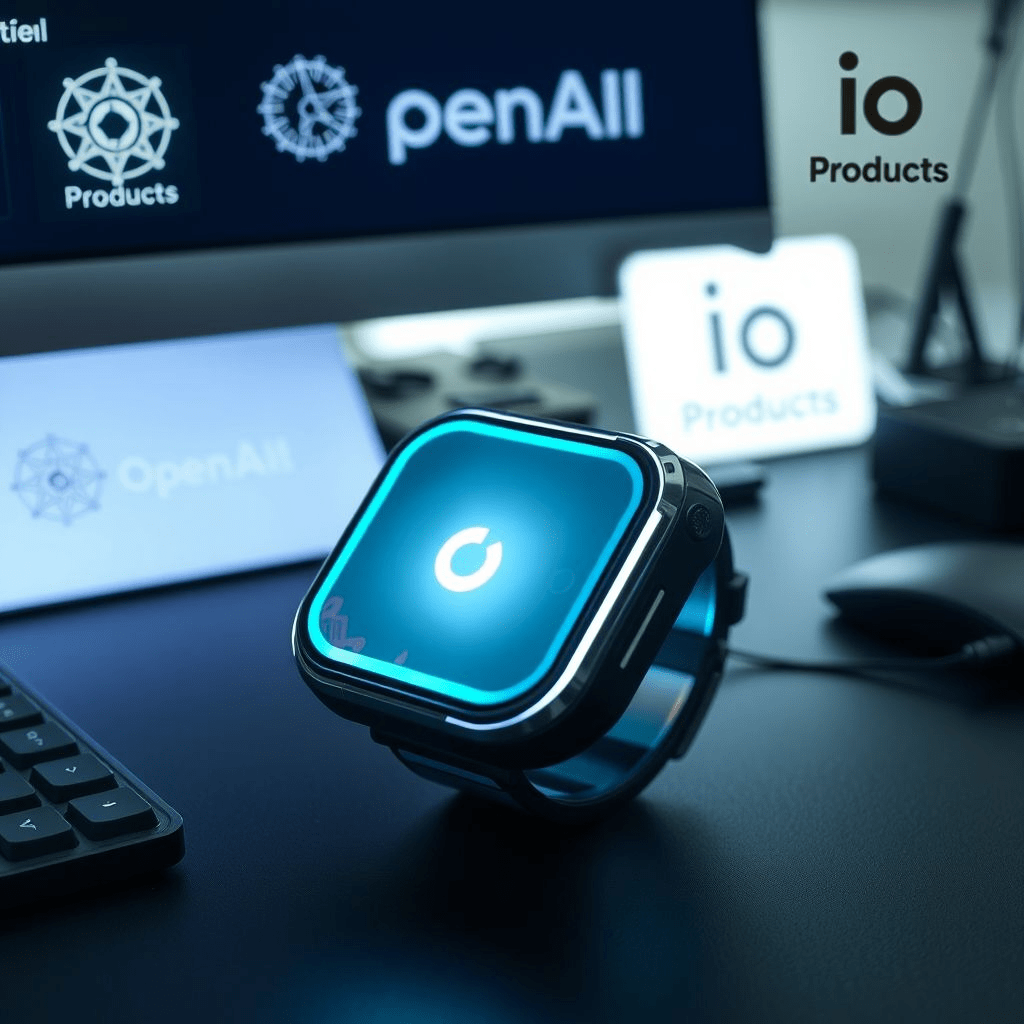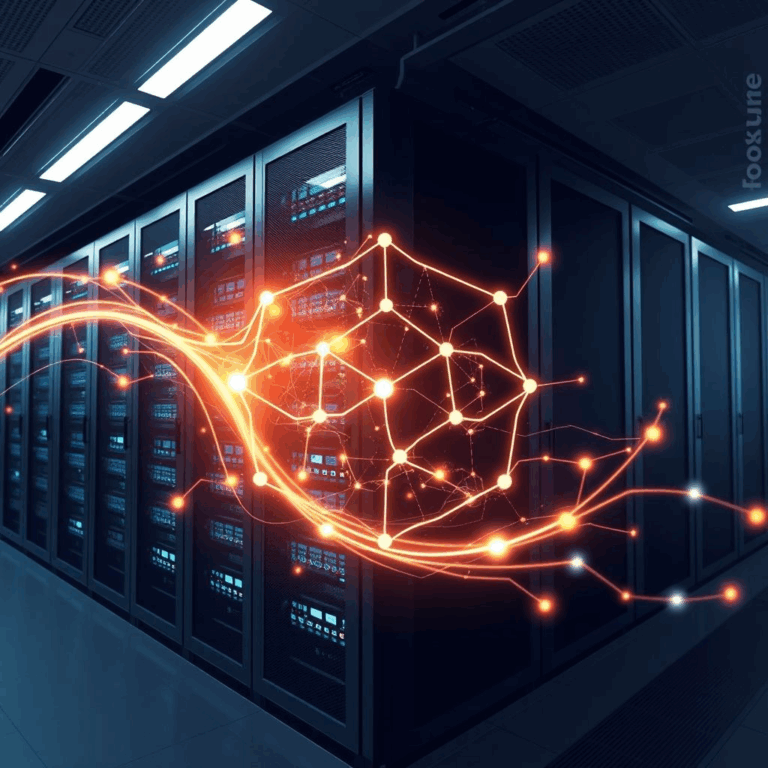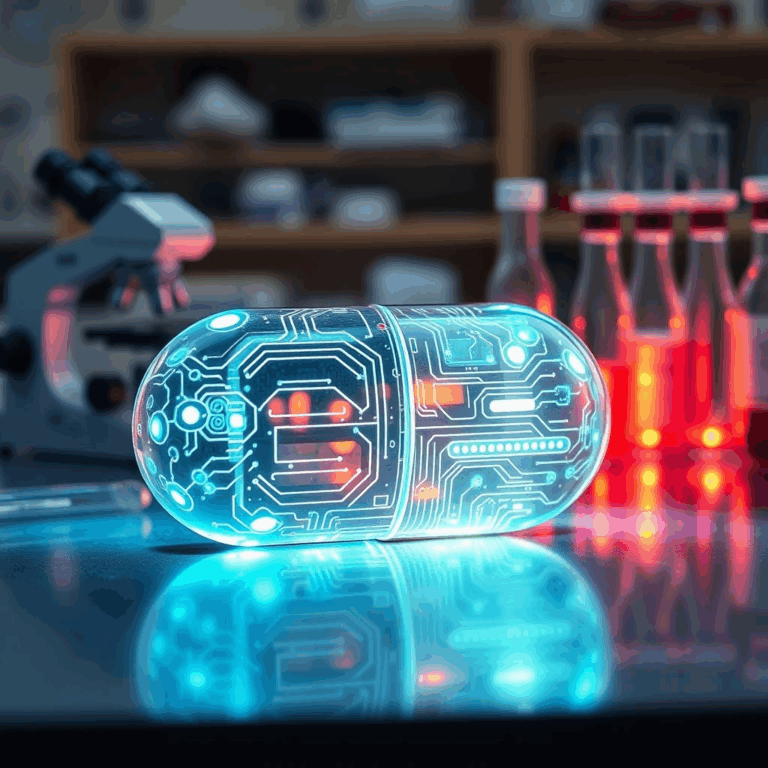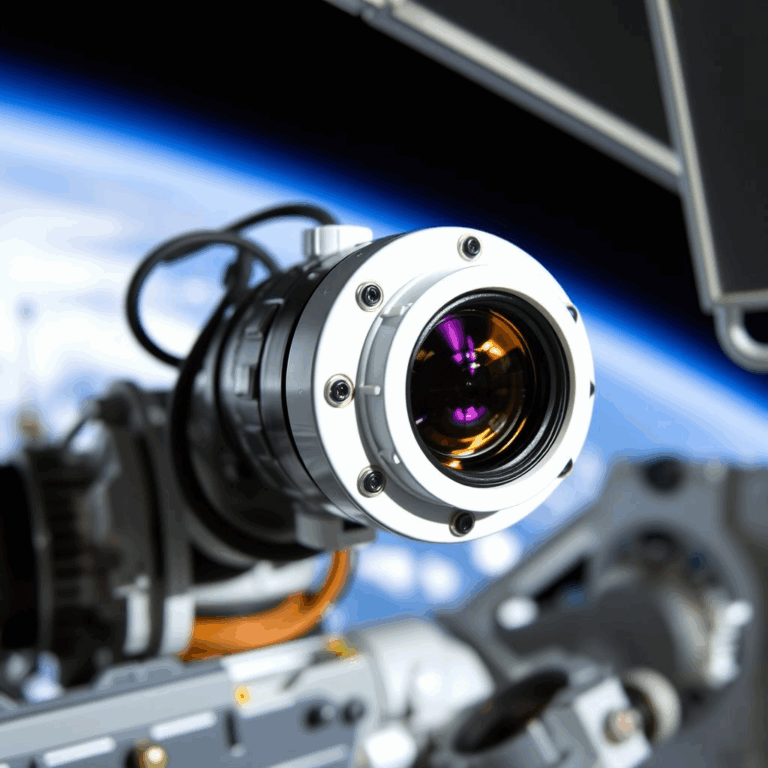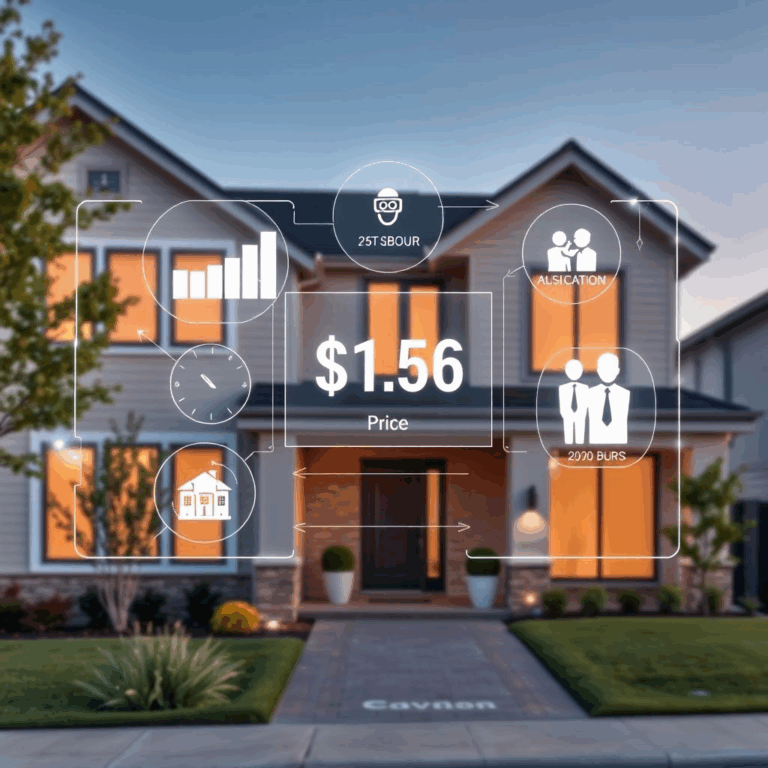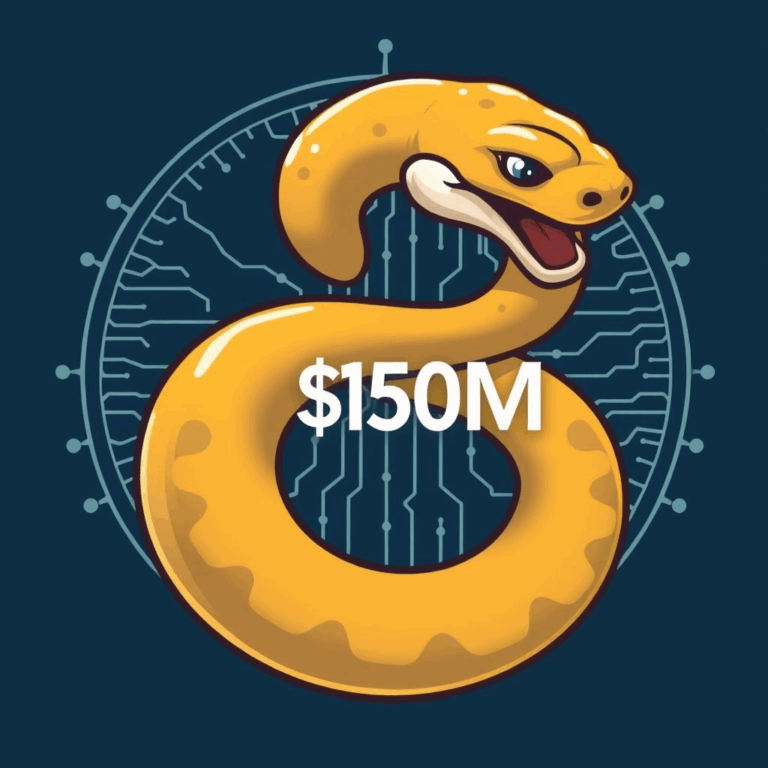OpenAI Steps Into Hardware
OpenAI, the research lab behind ChatGPT, has officially acquired io Products, the hardware design company led by renowned former Apple designer Jony Ive, in a massive $6.5 billion deal. This OpenAI io Products deal signals OpenAI’s ambitious leap beyond software and into the world of AI-powered devices.
This article examines the significance of the acquisition, the players involved, industry reactions, and what this means for the future of AI hardware.
Who is io Products?
Founded by Jony Ive after leaving Apple in 2019, io Products has been an elite industrial design firm working quietly on innovative consumer electronics, wearable devices, and future-forward concepts. Known for its secrecy, the company employed many former Apple and Beats designers and engineers.
While details about io’s product pipeline have been sparse, sources indicate the team was developing minimalist AI-powered personal devices that fuse elegance and intelligence.
Why Did OpenAI Make This Move?
While OpenAI has dominated AI software with GPT models, critics have noted its reliance on partner hardware from Microsoft and others to showcase its technologies.
By acquiring io Products, OpenAI aims to:
- Design and launch its own AI-native devices.
- Control the end-to-end user experience, blending hardware and software seamlessly.
- Compete directly with Apple, Google, and Microsoft in the personal technology space.
OpenAI CEO Sam Altman remarked:
“We believe the next era of AI innovation requires hardware that feels as magical as the software. With Jony and his team, we’re ready to build it.”
What Could This Hardware Be?
Although OpenAI has not revealed specifics, speculation is rife:
- Wearable AI Assistants: Minimalist wearables powered by GPT that respond to natural language.
- AI Home Devices: Intuitive home hubs that feel more like companions than gadgets.
- Next-Gen Laptops/Tablets: Machines built from the ground up to leverage AI for productivity and creativity.
Reports suggest prototypes may be unveiled at OpenAI’s developer conference later this year.
Reactions From The Industry
The move has stunned Silicon Valley, blending two iconic brands: OpenAI’s cutting-edge AI and Jony Ive’s legendary product design.
Tech journalist Kara Swisher tweeted:
“OpenAI just bought the Steve Jobs of hardware design. Expect something big and beautiful.”
Investors have been cautiously optimistic, with OpenAI’s valuation reportedly climbing above $100 billion following the announcement.
Challenges Ahead
The OpenAI io Products deal brings risks as well:
- Hardware is capital-intensive and lower margin than software.
- Competing against entrenched giants like Apple is daunting.
- Ensuring privacy and ethical AI integration in physical products.
Success will depend on OpenAI’s ability to translate its AI dominance into tangible, user-friendly products.
Future Outlook
If successful, the OpenAI io Products deal could redefine how humans interact with AI — not just through screens and apps, but through thoughtfully designed, intelligent objects integrated into daily life.
We may be witnessing the beginning of a new category of AI-first hardware that is as desirable as it is powerful.

